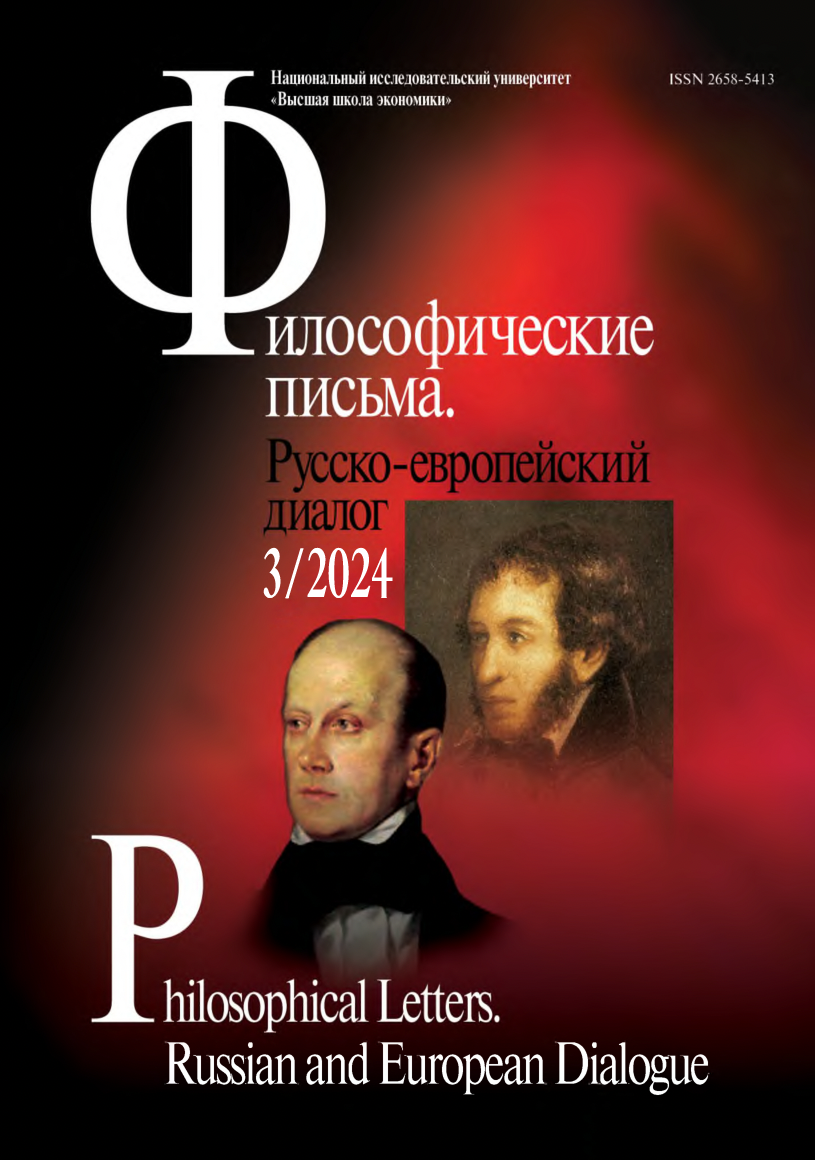On the Transcendence of Morality
Abstract
Every person in his life, one way or another, faces a choice: to unconditionally accept morality as an absolute imperative or to prefer the idea of its relativity and, therefore, optionality. But where did the idea of morality as an absolute come from? Gregory S. Kiselev recalls that Kant put the problem of the transcendental nature of morality at the center of philosophical thought. It turns out that morality cannot be deduced by knowing the reality of this world. It refers to the unknowable spheres of humanity, thus representing man's a priori knowledge of himself. This means that morality is supernatural and should be taken simply as a given. Only in this case can the world «humanize», and a person survive in an indifferent and cruel universe. If morality does not have the status of an absolute, the course of things, as recent history shows, leads to immoralism and nihilism, which are quite capable of ultimately destroying the world. Throughout history, the idea of a supernatural moral legislator has been embodied in religious beliefs. Although historical Christianity has largely lost its role in the life of modern man, this religion, due to its trinitarian character, even if it fi nds itself in the shadow of ritual and superstition, is still capable of playing a very signifi cant role in the formation of a moral way of life.

